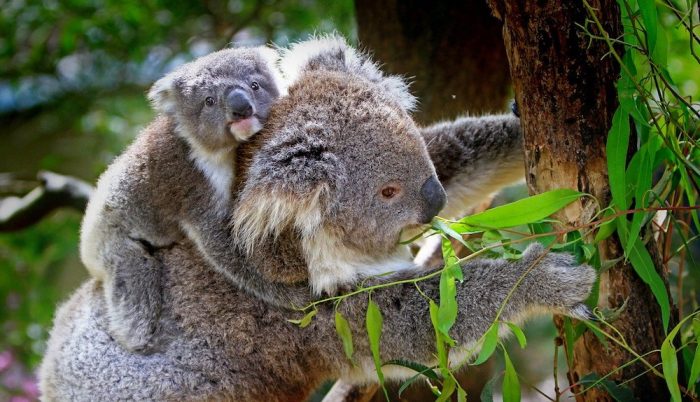I witnessed something deeply painful today in relation to the Australian bushfire crisis.
But it wasn’t the horrific images, the startling stats, or the corruption claims that are rampant all over social media.
It was a dialogue and exchange between human beings that was filled with hate, abuse, and aggression.
For context, an article was written about the fires which included accompanying images of animals that have perished in Australia, and a woman remarked that the images were too horrific for her to witness and that she had chosen to turn away and claimed to now be less able to help because she cannot breathe from viewing the images. A fellow woman responded, stating these images are needed to illustrate the depth and magnitude of this catastrophe. Forty additional comments were made in the thread—most filled with various forms of abuse, name-calling, hate, and shaming.
And my heart broke.
My heart broke for the woman who has chosen to turn away, to reduce support in a time of crisis, and who has shamed others in their time of pain. My heart broke for the woman who was shamed for supporting the images that illustrate the horrific reality of her home. My heart broke for the other women who wrote hateful comments condemning her, calling her names, and acting from a place of aggression.
Put simply, everyone’s nervous system is dysregulated, and understandably so. And now, more than ever, we need to come together in common humanity to share in our collective pain, and to co-regulate rather than continue this epidemic of separation.
If we, the human species, are to survive any of this ecological crisis, our focus is best spent on cultivating a collective sense of compassion and empathy amidst great tragedy.
So here is an open letter I wrote, for her, for the other women in that thread, and for the impulse to react and fight back with fire that lives within all of us when pain is present. May we take a moment to pause, to find our breath once more, and to choose to respond in a way that fosters connection. Because we have never in our entire history needed it more than we do now.
~
An open letter to those struggling to view the images of the perished animals in Australia, shaming those who share them, and for those reacting with aggression:
Everyone is hurting. Everyone is suffering. Everyone is in pain over this catastrophic reality. Our nervous systems are deeply dysregulated in response to this ecological catastrophe. It is horrific to view these images.
We know how impactful it can be to witness such tragedy. We know your heart is aching at its sight. We know you feel deeply disturbed, and we know your natural impulse is to turn away, keep scrolling, and continue on with your day, because it hurts too much to watch.
Please don’t turn away though when we need you most, when we need the collective to lean forward together. We are a co-regulating species, and when we come together in community to share and be with our collective pain, we begin to regulate our nervous systems once again.
Our inability to bear witness to painful images should not impact our ability to support and take action. This is a time of devastation for all of us—a humanitarian and planetary crisis.
Rather than pull away and disconnect, we are being called forward in a big way to lean in, connect, and face off with this, together. It is a great privilege to have the choice to scroll past and remove ourselves from the situation because it feels too heavy to witness. That isn’t possible for those experiencing this firsthand.
This is not a time to shame someone for expressing their pain. This is not a time to meet our reality with aggression. This is not a time to point fingers and cast blame.
Even when we are deeply hurting, kindness and compassion are available to us, if we choose them. We are all hurting in different ways; there is no room for comparison; and the longer we foster separation, the greater these tragedies will be, resulting in more painful images that we won’t have the choice, and privilege, to ignore any longer.
This is bigger than ourselves and our individual lives and experiences. This is about the collective, and it needs to be addressed as such—together.












Read 3 comments and reply